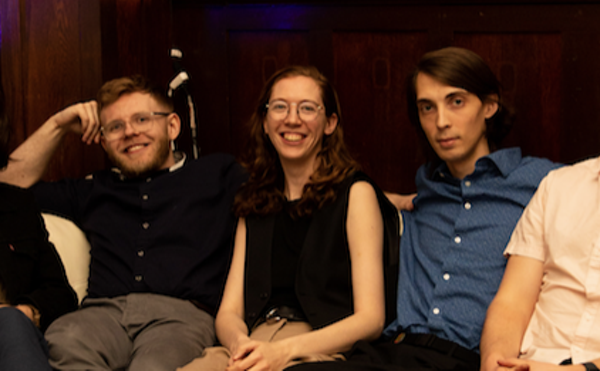Dark Star Orchestra is keeping the flame alive. The revival band plays set lists from across the Grateful Dead's more than 2,400-show career, mirroring moments in time from decades prior. We spoke with keyboardist Rob Barraco, covering everything from the Dead's lasting spot in American culture to DSO's role in keeping the spirit alive.
Fifty years in on the Dead's history and with your band as a vantage point, could you remark on how their legacy has been preserved for so long?
Well, after Jerry's death, the rest of the other members of the Dead remained vibrant, doing tours — especially Phil and Weir. They had their own take on it, and I think that was really important for them. Even the drummers had their own thing. It was very important. Occasionally, they would get together and do a couple tours. They would pick up some new fans doing that and perpetuating that. We were ecstatic when we heard that they were doing these three shows. There was always talk of, well, would they do a tour? I always thought it would be more low-key. I think it's wonderful they're doing it this way. It's a little sad that these are gonna be the last shows, but it's understandable. Phil's gonna be 75 in March. I'm actually playing with him for his 75th birthday in Portchester, N.Y.
I think bands like Dark Star Orchestra and other bands that play their music keep all of that alive. There are hundreds of Grateful Dead tribute acts all over the country — all over the world, actually.
With your band, you guys have such a plugged-in perspective on what the Dead meant to so many people. With another tour coming up, what sort of prep work or planning goes into a tour for you guys?
It's a night-by-night basis. Our guitar player is in charge of actually planning the tours. We have a huge database of every show the band has ever played in every city. He sits down and looks at the tour, looks at the cities, and in each cities he looks at what shows the band has played the last few times around. He tries to plan it so that we're doing something different for each city.
Meaning the different eras of the band?
Yeah, what he tries to do is make it so that we're not repeating the same eras and the same songs, to keep it fresh for us. But he also makes it so that each town we play gets a different taste than the last time around. He had to map that out, which takes like two weeks. A lot of the shows we play, we have played in the past. So he tries to pick shows we haven't played since, say, 2000. The great thing about the band is that we know the set lists — that's pre-planned and era-specific (we set our stage up the same way the Dead did and use pretty much the same gear) — however, once the music starts, it's completely improvised. And that's the real spirit of the music, that's what made them so special. They never played the same thing twice. Even when they played the songs and the parts were the same, it never came out the same. We love that, and all the musicians in Dark Star are really adept at improvisation.
How do you adapt mentally to performing different eras' styles night after night? And is there an era that you prefer?
Everyone in the band has a specific era that they tune to. Me, I saw the Dead for the first time in March 1972. I saw Pigpen play one time. It left an inedible impression on me. So, that '72 stuff — Europe, the fall — that's as deep as it gets. They were speaking another language as far as I'm concerned. I love that. But the biggest challenge for me when I joined the band was that I wasn't all that familiar with the '80s stuff. I kinda tuned out during that time. So when I joined Dark Star, they were kinda like, "You're gonna have to do the Brent [Mydland] thing." It's made me a much better musician, because I've had to learn how to play in that style and sing in that style. And I was never a singer like that.
Is there anything particular you guys do to prepare for each show?
Usually what we do is give a cursory listen to the show, just to pick up some of the nuances of that particular era. So if we're doing an '84 show or an '85 show, there are certain things in the arrangements that change. The tempos change over different eras. Those little things we pick up, and then from there we just take it and improv the rest of it. That's how we end up taking our audience on the same trip that the Dead would have taken them on. It's surprising even to us, because we don't even know what we're gonna do.
Could you use a song as an example for how their sound changed over the years?
One of the greatest efforts the Dead ever made was "Dark Star." The thing about "Dark Star" was, in the very beginning, it was a very structured piece. It was all improv, but that original studio recording — all the parts ended up being played live from the time they started playing it in '67, '68 until around the end of '69. At the end of '69, it seemed like they started abandoning the sections and just made it open-ended. By the time Mickey Hart left the band in early '71, the song had become a vehicle to take into deep space. They got into this whole thing where there would be sections where there would be almost nothing playing — the whisper of a cymbal, a little feedback from the bass — and
You can take a song like "Sugar Magnolia." When they first did that song, it only contained a verse and a bridge, and that was it. All the rest of it came in time. They actually were playing tunes before they were fully developed — and ended up developing them live.
All of those things make for a long-lasting legacy, I suppose. The Dead fan base is aging, but you've got plenty of younger people still flocking to this music. Have you seen that over the years?
Yeah, a lot of the younger kids are picking it up from their parents. That's interesting, because traditionally children will reject their parents' music. The generation gap between the baby boomers and their kids is a lot smaller. These kids grew up listening to this music and ended up loving it like their parents. One amazing thing about the Dead is the fact that they have these songs: These are highly evolved narratives that tell these incredible stories. Without that, they never would have stuck around like this. It's a body of work that will be around forever.
Dark Star Orchestra
8 p.m., Tuesday, Feb. 10, House of Blues. Tickets: $22.50 advance, $25 day of show



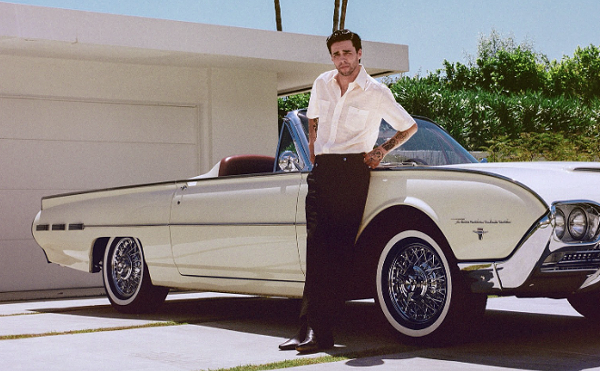
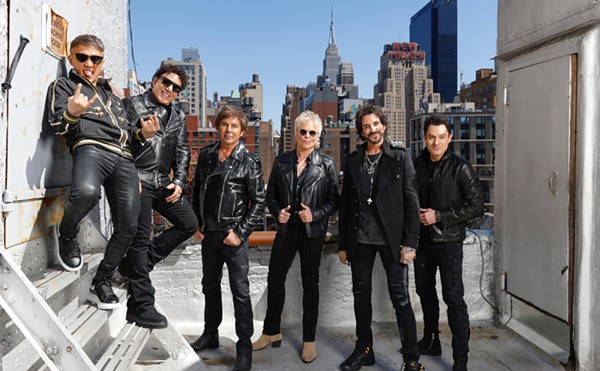
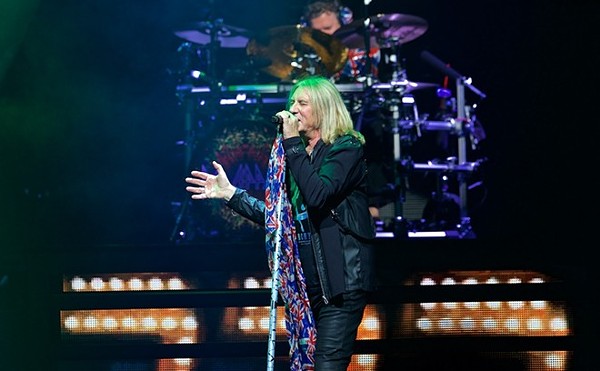
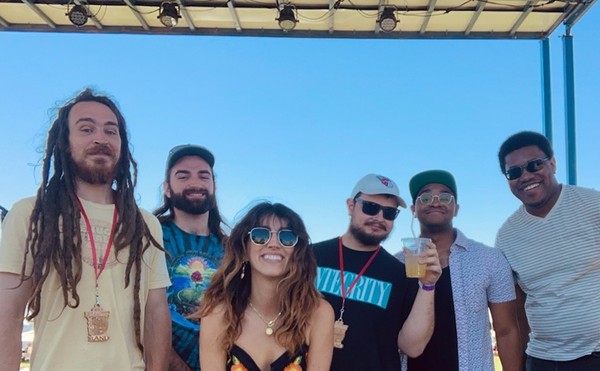
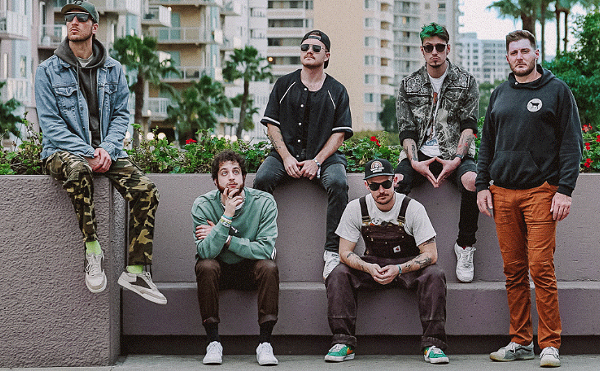
![Mourning [A] BLKstar.](https://media1.clevescene.com/clevescene/imager/clevelands-mourning-a-blkstar-returns-with-sophisticated-suite-of-new-songs/u/golden-s/44709952/screen_shot_2024-07-12_at_10.18.29_am.png?cb=1720806957)
